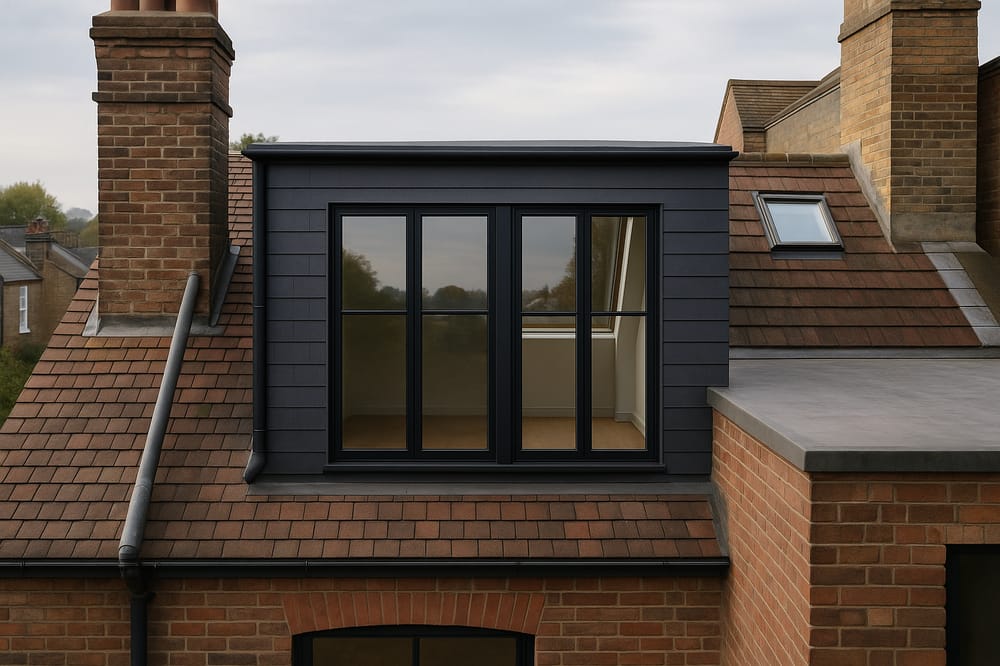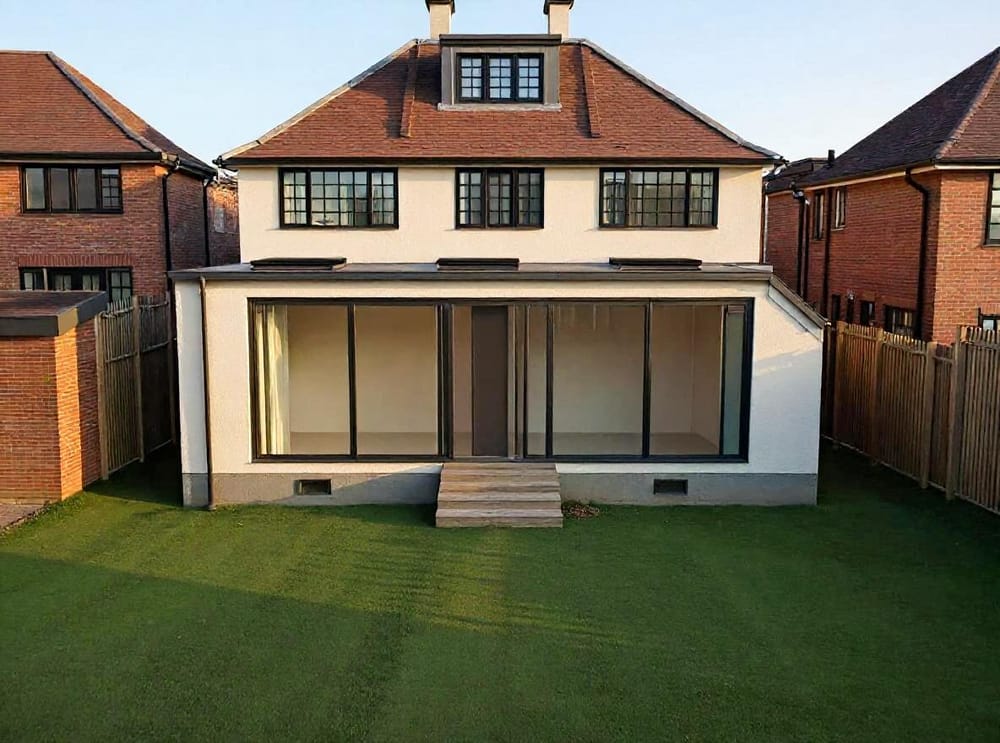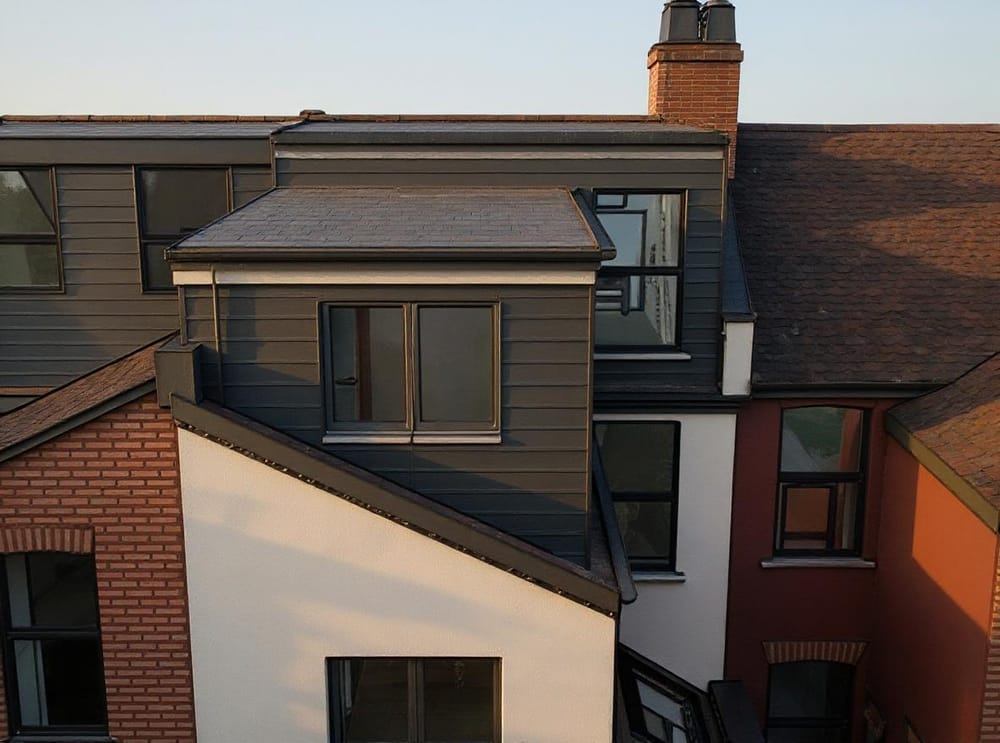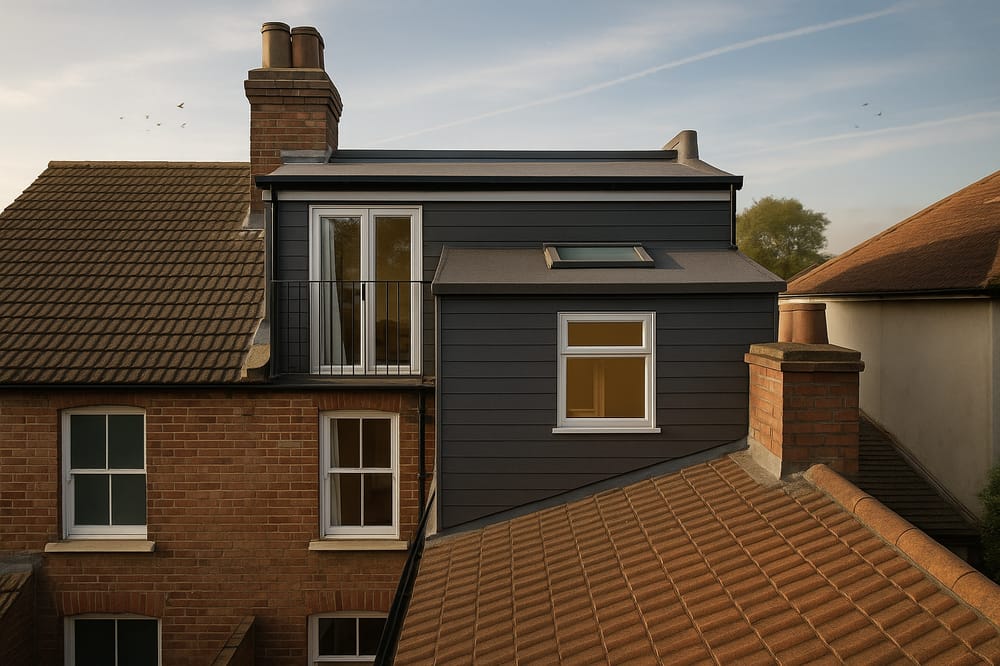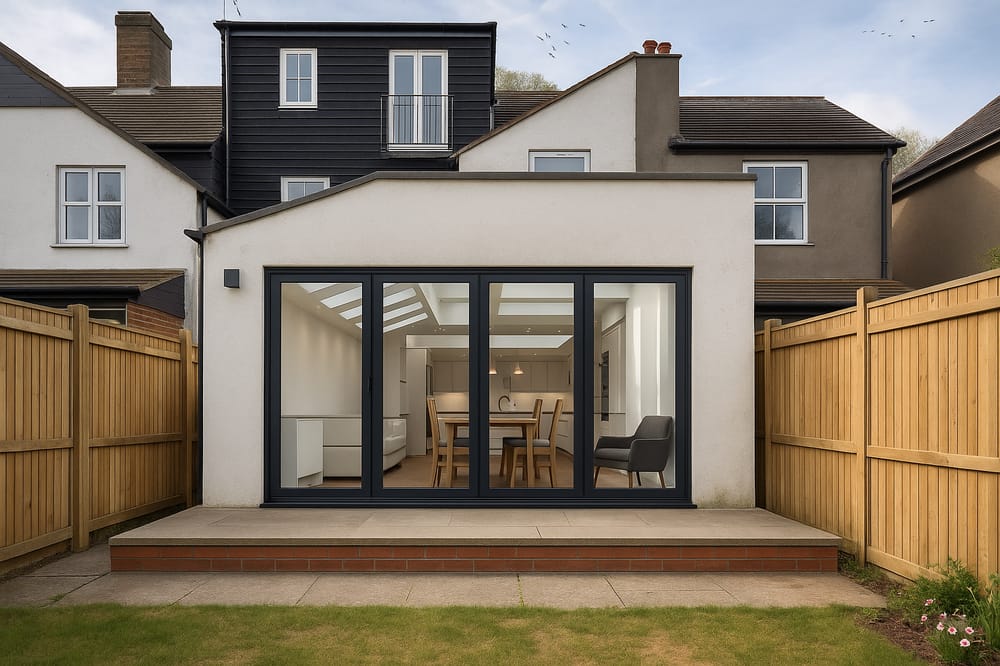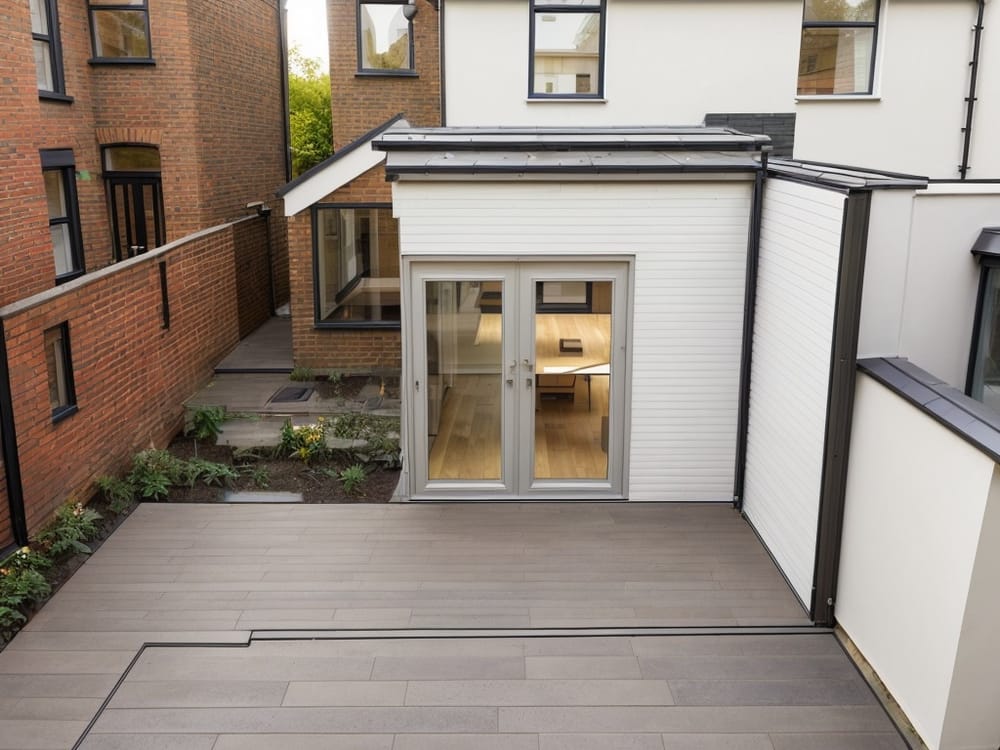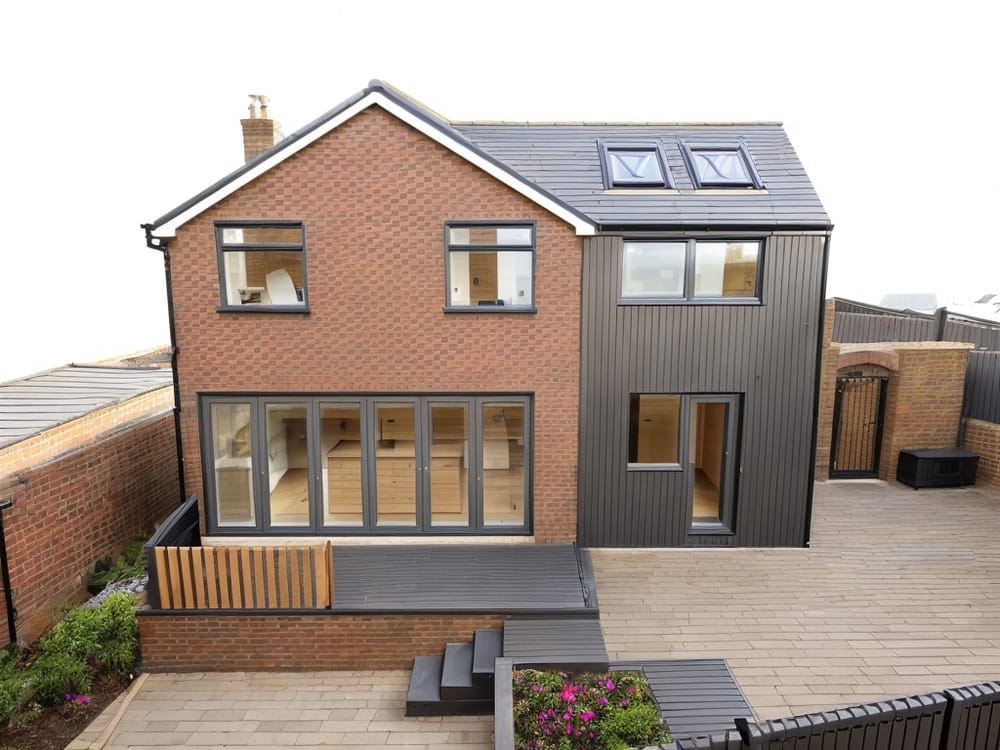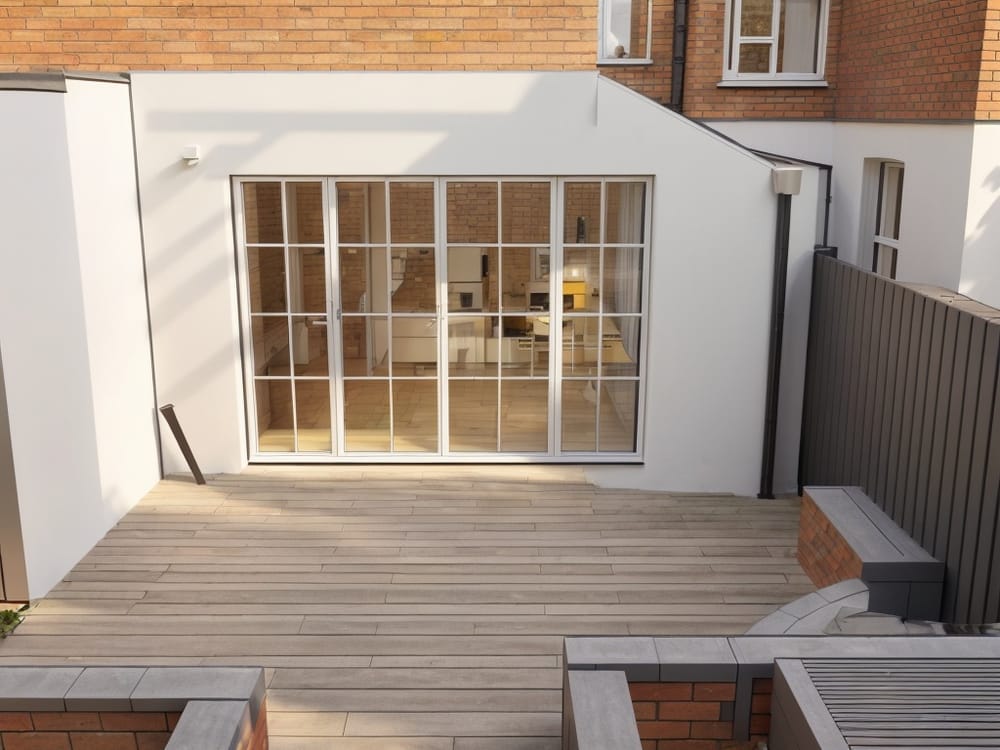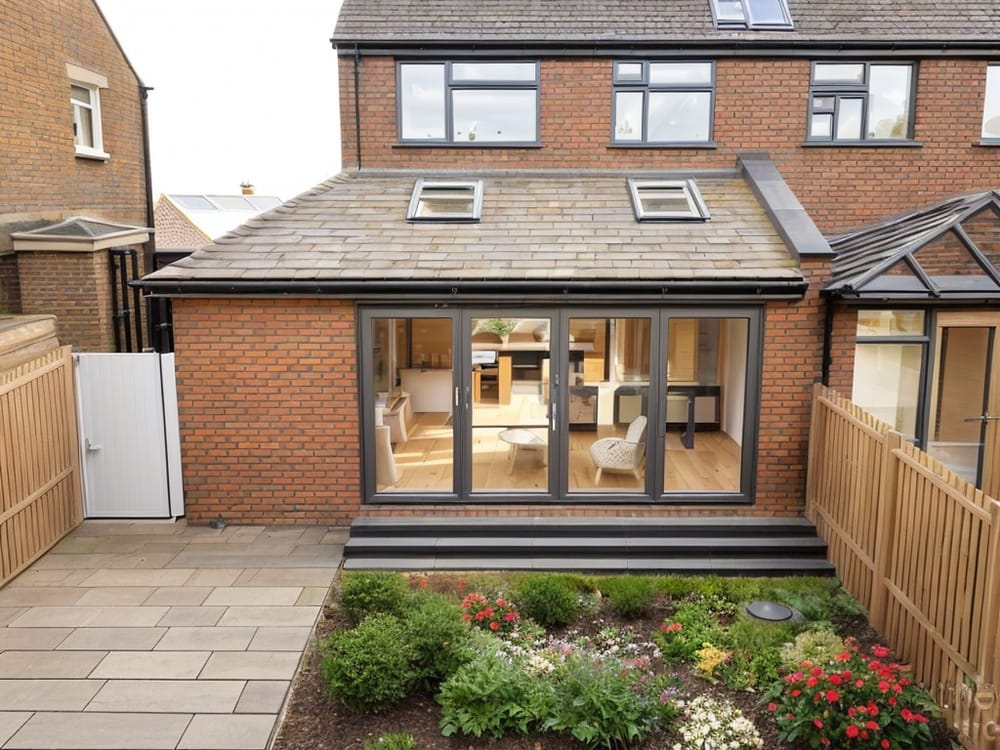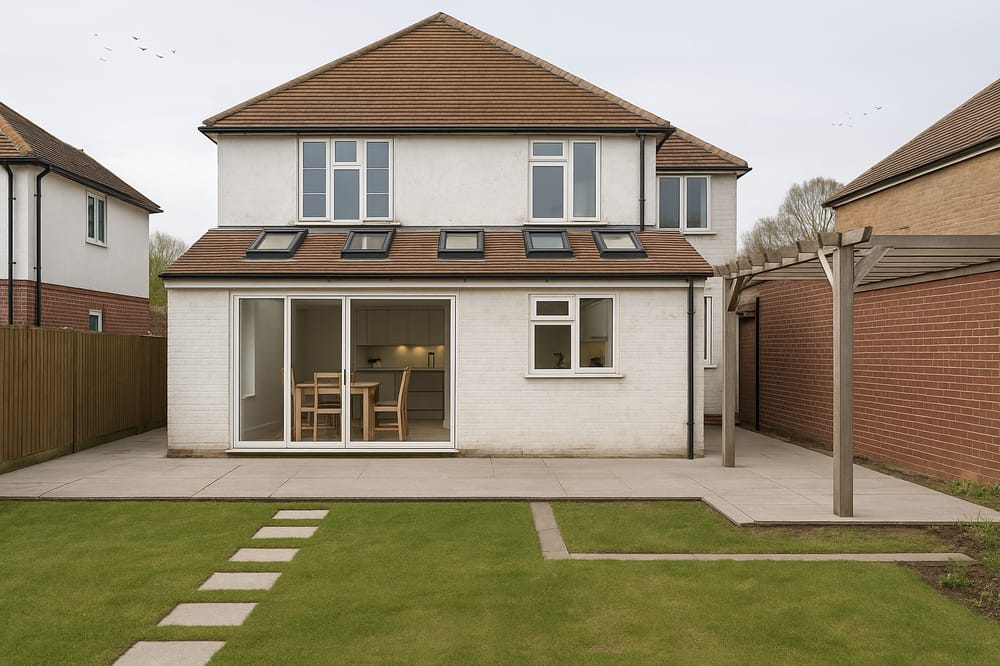The pandemic changed us in more ways than we can possibly imagine, didn’t it? One aspect of life that, should we believe the furore around it, has transformed forever is our relationship to fitness – specifically fitness in our homes. But has the world of home fitness evolved as much as we’re led to believe? Some recent research we carried out would suggest that, despite our best intentions, we’re not as thrilled about adapting our homes for working out as we are for unwinding in them. We ask, do our homes or home fitness need a reboot?
Fitness: a big 2020 trend
According to findings from Global Data, just over half of UK consumers recorded buying home workout equipment or doing home workouts in 2020. At the same time they were quizzed about their home-fitness buying habits, a huge 76% said they would continue their home workouts in a post-pandemic world. Thanks to the overwhelming increase in those who claimed to have caught the fitness bug for good in lockdown, some assumptions about how we’d changed and how we wanted our homes to change in tandem emerged.
If nearly everyone now wanted to get a sweat on at home, was the next logical step investing in a home gym, clearing a (large) corner of a room for a Peloton, installing a pull-up bar? We wanted to know how invested people really were in integrating their fitness into their homes and whether the changes over the last few years have altered what we expect our homes to look like for good.
Has the fitness boom changed our homes?
If we were to have predicted the future of homes based solely on data regarding how many people were working out and how often during the pandemic, rearranging homes to include home gyms wouldn’t have seemed like a stretch. So we decided to test the theory and include specific questions relating to home gyms in our survey and see how much of an impact it really had. Here’s what we found…
Do home gyms make us happier?
From the representative data set of British homeowners we questioned, only a very small percentage of people actually recorded having a home gym. Of the people who did record having a gym, 88% said they were happy at home. However, those without a home gym who said their home met all their needs were just fractionally behind and 85% recorded being happy at home.
What can we learn from this?
Our main takeaway from our findings is that home gyms don’t seem to have a steer on how happy we are at home. Furthermore, it seems as though how adaptable our houses are and how flexible they are for a range of purposes is much more significant to how happy we are in them than having designated exercise space.
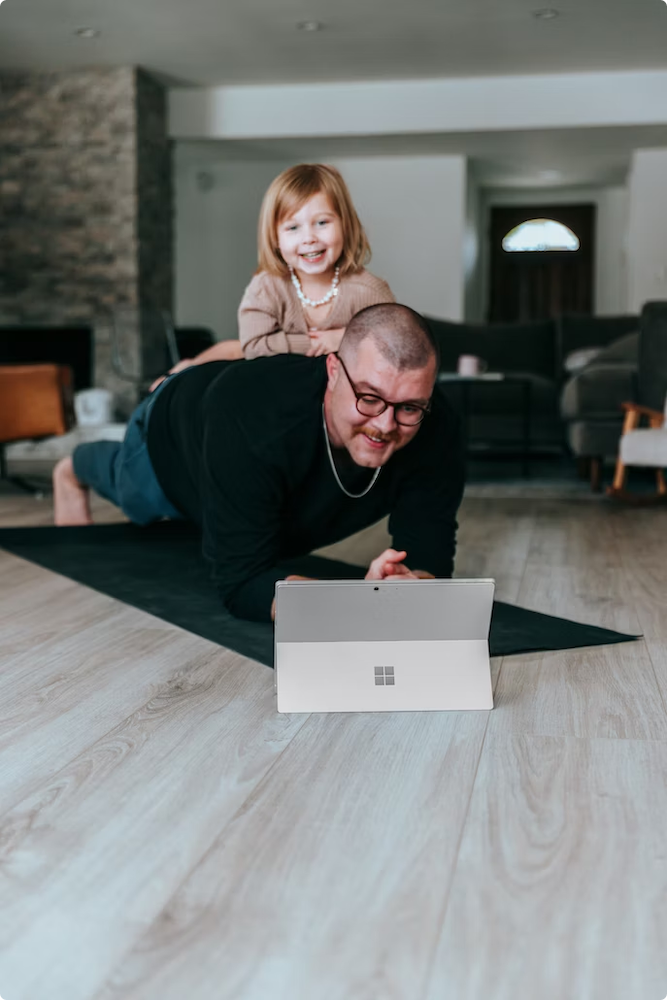
How to approach home fitness with what we’ve learned:
We’re not suggesting that it’s time to throw in the towel and denounce exercise for good. Far from it – we want to understand how our findings can enhance both our relationships to exercise and our relationships with our own homes. Here are some top tips for striking the balance:
Prioritise adaptable space
Rather than clearing out a room to create a home gym or forking out on building an extra room altogether, consider how you could instead reconfigure your existing space to make it more adaptable. Our research shows that satisfaction with the home is inextricably linked to how much we can change it to meet our needs. This means creating spaces that can be a calm home office one minute, a cosy spare bedroom another, as well as somewhere you can lay down your exercise mat for a sun salutation or two.
How to improve the adaptability of your space for home fitness:
- Go open-plan. Removing internal walls and creating a more open-plan layout is a fantastic way of maximising the sense of space you have in your home and providing valuable room for you to exercise freely.
- Prioritise. Think of the rooms in your existing house and what you most commonly use them for. Does your dining room tend to get much use? Do you prefer to spend time as a household in one room over another? For parts of the home that are underused, consider rearranging the layout of the room to make it suitable for exercise.
- Compartmentalise. If you’re making room for workout gear or weights, it could be useful to dedicate a particular area of your chosen room for them. This keeps them tucked away until it’s time to get a sweat on while creating a degree of separation from the rest of your day so by the time your exercise routine rolls around you can get the headspace you need to make the most of it.
- Think about your view. Whether your workout style is pedalling away on an exercise bike or flexing your muscles with yoga, choosing a place in your home that has a pleasing view could benefit your routine. Choose somewhere with good natural light or a view of some greenery to keep you positive and energised.
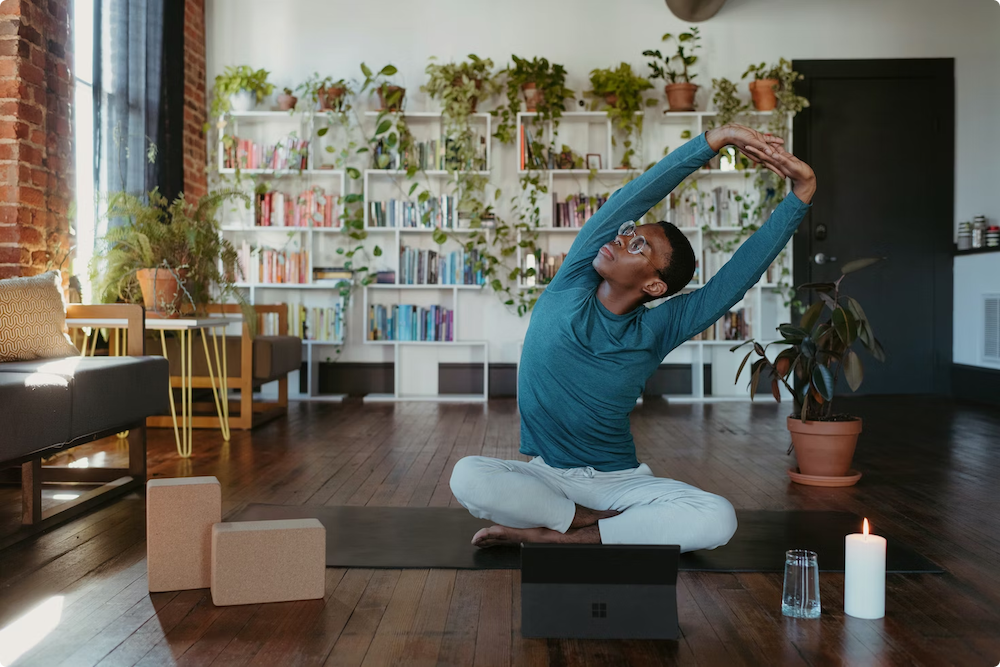
Get organised
For the messy among us, it might frustrate you to hear that it really is true: organised homes are happier and those that describe their homes as ‘Messy’ are on the whole less happy with their homes. So, while you’re approaching creating your ultimate adaptable space and occasional gym room, keep organisation in mind. Read our guide to decluttering for inspiration.
Keep that gym membership
Despite more people working from home than ever, our findings would suggest that this hasn’t been significant enough to increase our long-term appetite for at-home exercise. Perhaps if our homes are expected to facilitate our living, relaxing and working at home satisfactorily, there’s a part of us that still yearns for some degree of separation from our home lives. So, keep your home as a safe haven and sweat it out at your local gym instead. For some ideas for how to amp up your home cosiness instead, get inspired with our exploration of How to create a cosy hygge living room?.
Whether you’re looking to transform your home into the ultimate unwinding haven or you’re a fitness enthusiast who is set on a home gym anyway, book a free advice call with one of our Resi experts today and find out how we can make your big ideas come to life.



